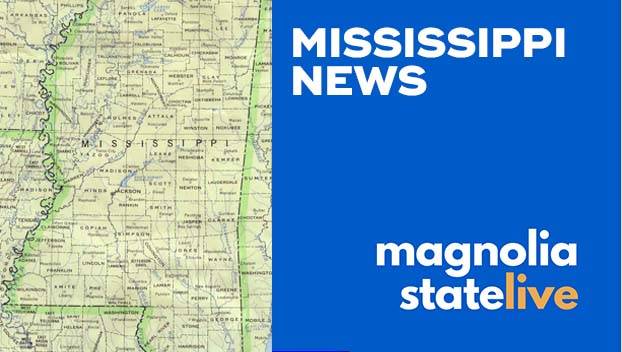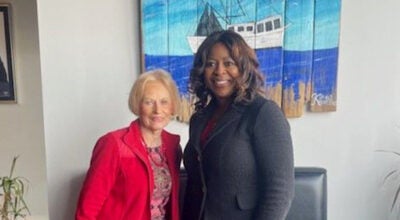Klan flyer left on steps of mostly Black Mississippi
Published 9:48 pm Friday, June 3, 2022
A flyer on behalf of the Ku Klux Klan was reportedly left on the steps of a mostly Black church in rural Mississippi.
According to a community member’s Facebook post, the flyer is in support of “The Old Glory Knights of the Ku Klux Klan” and states that the group is “alive and growing” in 14 states, including Mississippi, Tennessee, Alabama and South Carolina. It was found May 29 on the steps of Union Hill Missionary Baptist Church in Hernando in DeSoto County, the post said.
The Old Glory Knights are a Klan chapter that appeared sometime last year, Lydia Bates, a senior research analyst with the Southern Poverty Law Center told The Commercial Appeal. They have distributed flyers in the past, but flyer campaigns, Bates said, do not always mean the group is active.
“Flyering is such a low cost, low stakes way to get their messaging out there to intimidate people, to attempt to recruit people,” Bates said. “Them saying that they are growing in 14 states is pretty unbelievable. The Klan has been declining a lot in the last five to ten years. They are really losing a lot of members, not attracting new recruits. That is really just self-aggrandizing.”
Flyering efforts by the KKK have dropped recently, going from more than 40 incidents in 2020 to fewer than 30 in 2021.
Still, Bates said, the flyers can be scary for communities. A big goal of the flyers is to intimidate and make people think the Klan is bigger and stronger than it is in reality, she said.
“A hate group built on a 150-plus year history of violence, you can’t dismiss it as just them trying to seem bigger than they are, because there is violence in their words inherently,” she said.
Bates recommends that communities who have experienced flyering incidents focus on the community and report to groups like hers or the NAACP.
“In terms of community response, I recommend not necessarily directly challenging the group or the rhetoric in the flyer, but instead refocusing around the strengths of the community, around the diversity of the community,” Bates said. “And encouraging people to donate to local, grassroot organizations who are doing work to challenge and confront and build resilience against racism in their communities.”






